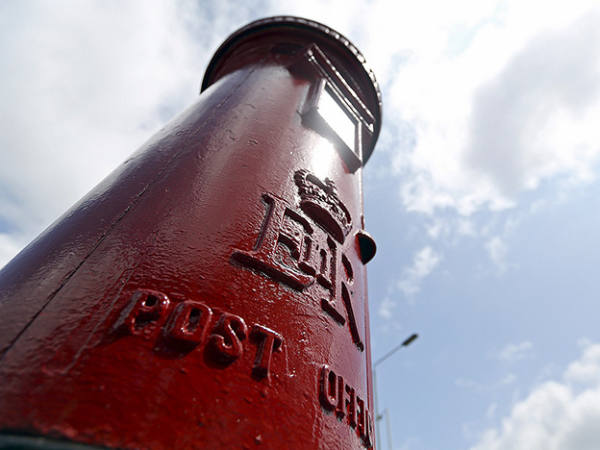With the US Presidential election out the way, media attention will now focus on the outcome of the 18th National Congress of the Communist Party of China. Many western commentators will be musing on the likelihood of reforms to China's laws governing state politics and human rights, but a change at the helm of Asia's biggest economy also has potential implications for UK investors.
Short of a last-minute coup d'état, it is expected that party veteran Xi Jinping will take over from the outgoing Hu Jintao as general secretary. The normally smooth, once-in-a-decade transition of power at the Communist Party was muddied earlier this year due to the scandal surrounding disgraced politician Bo Xilai. Authorities have been cracking down on local party factions and excessive petitioning in the run-up to the Congress, so it's difficult to gauge if any significant reforms are on the agenda. Nonetheless, some political analysts believe that the domestic impact of the scandal has made it far more likely that conservative party members will now be appointed to Beijing's politburo. But even if China's new order fails to give way on social policy, they could still pursue economic change.
It's probable that we will see additional measures designed to reduce China's dependence on global export markets. Domestic consumption accounted for 55 per cent of GDP during the first three quarters of this year, which represents a comparative 4.2 percentage point increase. A fast-growing internal market affords opportunities for UK exporters, and it also helps to explain why China is now the world's second-biggest recipient of direct foreign investment, with competition from overseas products permeating almost every sector of the economy.
Resource majors hoping for a post-Congress stimulus package along the lines of 2008's four trillion yuan (£399bn) splurge are likely to be disappointed. Any fiscal measures designed to bolster China's growth are likely to be targeted and incremental, despite the fact that GDP slipped again during the third quarter. In fact, most domestic economists believe that the recent data actually indicates that previous easing measures are starting to have the desired affect on the economy. September's Purchasing Managers' Index, for instance, showed that while China's manufacturing industry was still contracting, it was at an appreciably slower pace.
Investors in resource stocks will also need to take account of any changes to environmental policy. Reportedly, many regional arms of the Communist Party have been agitating for tighter environmental legislation, so it will be instructive to note if there are any radical policy directives in this area.







